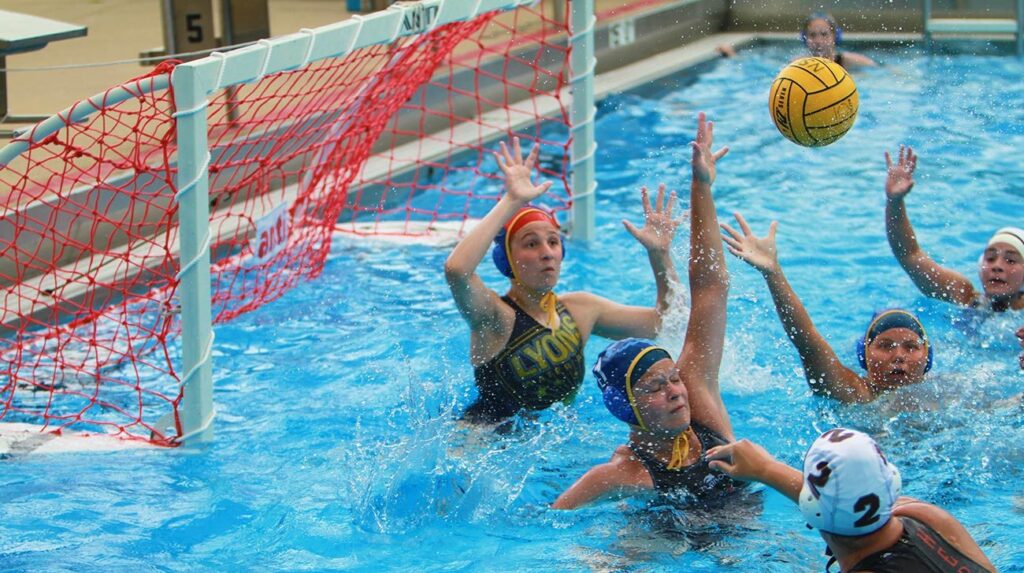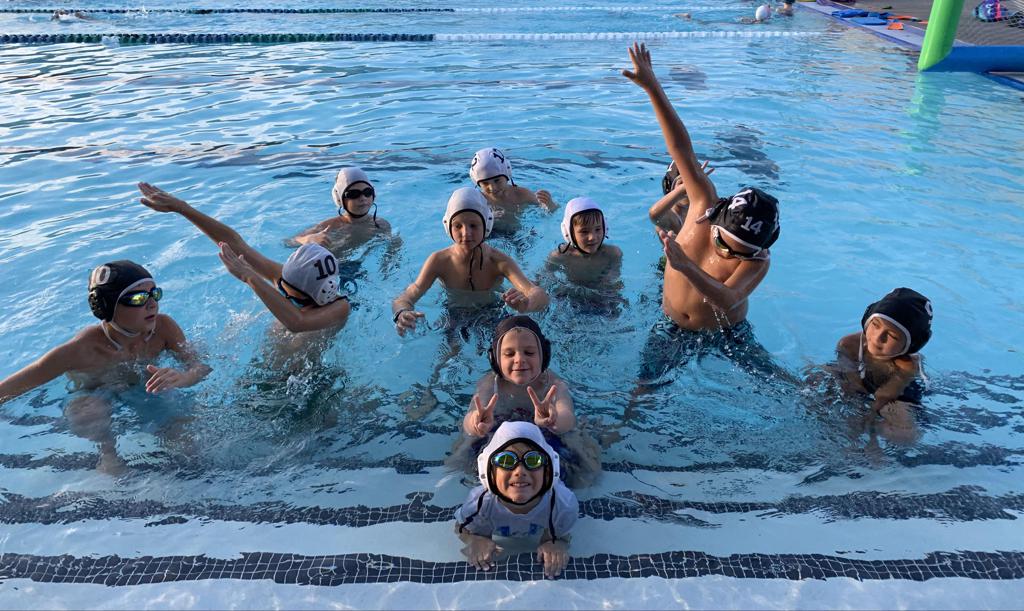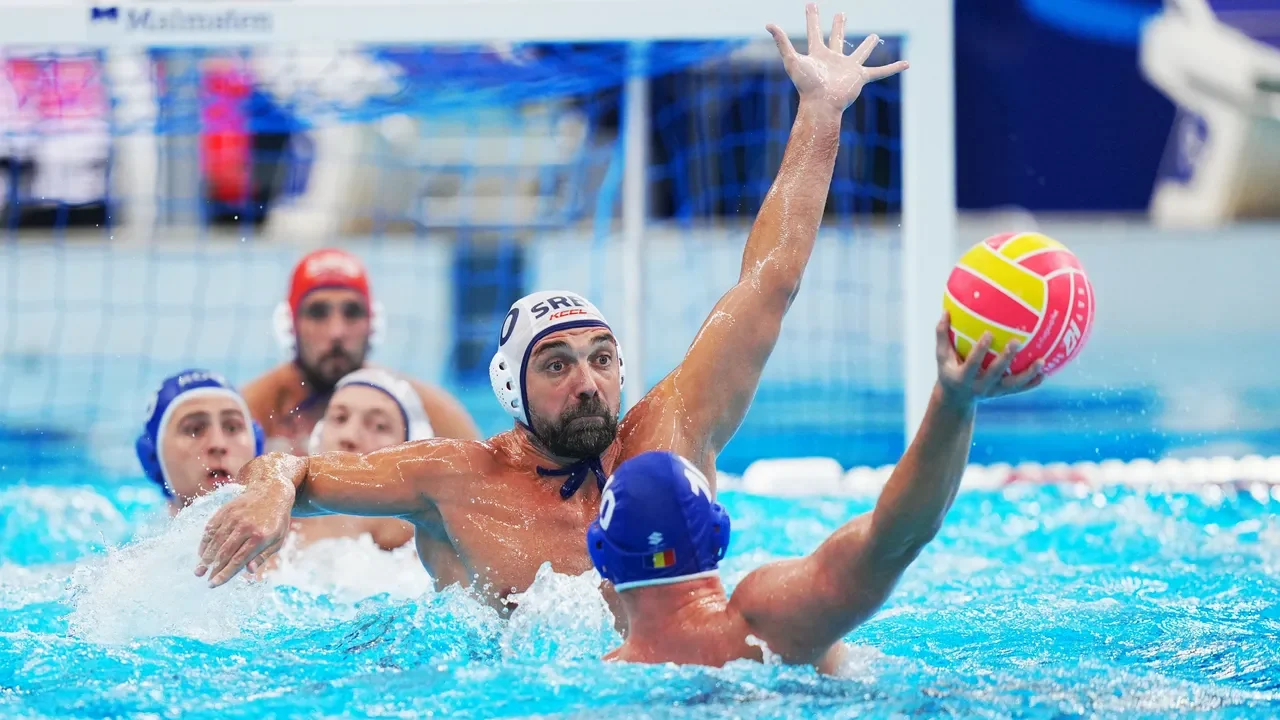In recent years, Oman has been experiencing a quiet but powerful sporting transformation. While football, cricket, and athletics have long dominated the national scene, water polo has emerged as a surprising contender capturing the interest of young athletes and communities alike. Polo Clubs have become the center of Oman’s water polo growth, offering young players the chance to compete, develop skills, and build lifelong discipline.Once considered an unfamiliar sport to many in the Sultanate, water polo is now gaining momentum as clubs spring up across the country. Driven by youth enthusiasm, parental support, and growing access to sports facilities, the popularity of water polo reflects a wider change in how Omanis are engaging with health, competition, and community building.
The Rise of a New Sport
Water polo may not have historically been part of Oman’s mainstream sporting culture, but the past decade has seen an increased introduction of aquatic activities. Swimming itself has been steadily promoted in schools and clubs, creating a foundation for water polo to grow naturally. Young swimmers looking for team-based water activities have found excitement in the fast-paced, strategy-driven world of water polo. Unlike traditional sports played on land, water polo offers a mix of endurance, strength, and teamwork that feels refreshing and unique for Oman’s youth.
Another factor fueling this rise is the visibility of international tournaments. Social media, YouTube, and sports networks have introduced the Omani population to the dynamism of global water polo competitions. This exposure has encouraged young athletes to try something new, while also giving coaches the opportunity to develop structured programs that mirror international standards.
Clubs Creating Strong Communities
One of the most significant reasons water polo is gaining traction in Oman is the community-oriented approach of newly formed clubs. These are not just spaces to train and compete; they are becoming social hubs where families gather, friendships are built, and young people learn life skills beyond the pool.
Clubs in Muscat, Sohar, and Salalah are leading the movement, offering structured training sessions under qualified coaches. They are encouraging both boys and girls to participate, which is particularly important in fostering inclusivity in sports. Parents are increasingly supportive because they see water polo as a sport that promotes discipline, resilience, and teamwork.
Some clubs are even collaborating with schools and universities to spread awareness and introduce water polo as part of after-school sports programs. This integration helps bridge the gap between education and recreation while also opening pathways for young athletes who dream of competing at national and international levels.

Youth Enthusiasm Driving Growth
The energy of Omani youth is the beating heart of this movement. Many teenagers who previously played football or cricket are now drawn to the novelty of water polo. They enjoy the combination of swimming speed, ball handling, and tactical play. For them, water polo represents both a challenge and a chance to stand out in a sport that is not yet oversaturated in the country.
Young girls are also finding empowerment through water polo. The sport requires courage and physical endurance, qualities that are inspiring a new generation of female athletes to take pride in their strength. As more female players join clubs, Oman is setting an example for the region in promoting gender equality in emerging sports.
This youthful enthusiasm is also fueled by aspirations. Young players dream of representing Oman in international tournaments one day. Such ambitions are slowly but steadily pushing local federations to take water polo more seriously and invest in its development.
Facilities and Infrastructure Expanding
The availability of sports infrastructure is another key reason for the sport’s popularity. Oman has invested in modern swimming pools, aquatic centers, and fitness clubs, especially in Muscat. These facilities, once primarily used for swimming and leisure, are now being repurposed for water polo training and competitions.
Hotels, resorts, and private clubs with pools are also opening their doors to community water polo events, allowing greater exposure and accessibility. With the government’s commitment to promoting health and wellness among citizens, it is expected that more infrastructure will be directed toward aquatic sports in the near future.
Benefits Beyond Competition
Water polo’s popularity is not solely about competition; it is also about lifestyle. Parents and coaches highlight how the sport builds endurance, enhances swimming skills, and develops cardiovascular fitness. It instills values like patience, teamwork, and strategic thinking in players, qualities that extend beyond sports and into daily life.
For children, water polo provides a constructive outlet for energy, helping to reduce screen time and encourage healthier habits. For teenagers, it fosters leadership qualities and boosts confidence. For communities, it creates a sense of pride and belonging as local players achieve milestones in regional competitions.

Challenges on the Horizon
While the sport’s popularity is growing, challenges remain. There is still a shortage of professional water polo coaches in Oman. Many clubs rely on international trainers to provide expertise, which can be costly. Equipment and resources, including specialized balls, caps, and goals, also need to be consistently available.
Another challenge is sustaining interest over time. For water polo to firmly establish itself, local federations need to create official leagues, tournaments, and pathways for young athletes to progress. Without clear opportunities to compete at higher levels, some players may lose motivation. However, these challenges are being gradually addressed through collaborations with international federations and the proactive efforts of club leaders.
International Inspiration
Omani clubs are not working in isolation. They are inspired by the success of countries where water polo has long been a national sport, such as Hungary, Serbia, and Italy. Coaches often use videos and training modules from these countries to help players learn techniques.
International partnerships are also emerging, with some Omani clubs arranging exchange programs and inviting foreign coaches to conduct workshops. Such efforts not only raise the skill levels of players but also create cultural connections that strengthen Oman’s sporting identity.
The Role of Government and Federations
The Omani government has shown increasing interest in supporting diverse sports to improve overall health and fitness levels among the population. With the Ministry of Culture, Sports, and Youth actively promoting non-traditional sports, water polo clubs have a strong foundation for growth.
If federations officially integrate water polo into national sporting calendars, it could open doors for Oman to participate in Gulf and Asian championships. Such recognition would boost morale and inspire more young athletes to join. This level of institutional support is crucial for transitioning water polo from a recreational club activity to a structured competitive sport in Oman.
The Future of Water Polo in Oman
The future looks promising for water polo in Oman. With growing community participation, youth enthusiasm, and expanding infrastructure, the sport is poised to reach new heights. The key lies in sustainability ensuring that young players continue their journey through structured training, regular competitions, and pathways to represent Oman at higher levels.
Over the next decade, water polo could very well become one of Oman’s signature sports, particularly as the younger generation seeks alternatives to traditional games. With international exposure and local determination, Omani water polo clubs are shaping not just athletes, but a cultural shift toward embracing diverse and dynamic sports.
Conclusion
Water polo clubs in Oman are doing more than teaching a sport they are cultivating discipline, fitness, inclusivity, and community pride. The growing popularity of this water-based team game highlights a shift in how Oman views sports and health. From inspiring young girls to empowering ambitious boys and from strengthening family bonds to building national identity, water polo is more than just a trend; it is a movement with the potential to leave a lasting legacy.
As the waves of interest continue to grow, Oman’s water polo clubs stand ready to carry the nation into a new sporting chapter, one defined by resilience, energy, and unity both in and out of the water.
Do follow Gulf Magazine on Instagram.
Also Read – The Powerful Influence of International Coaches on Omani Sports Teams



